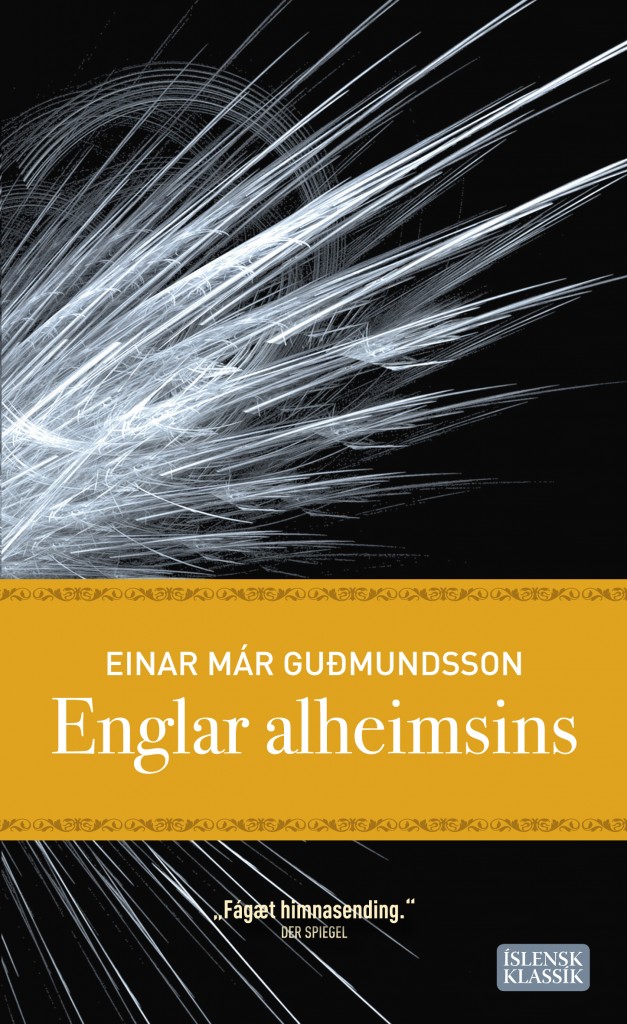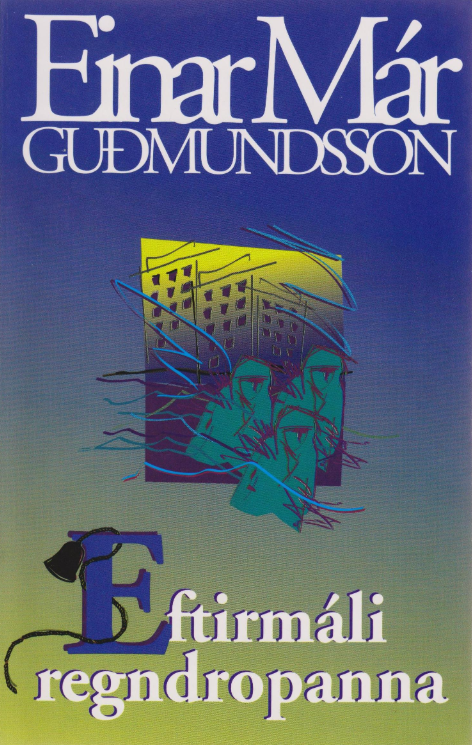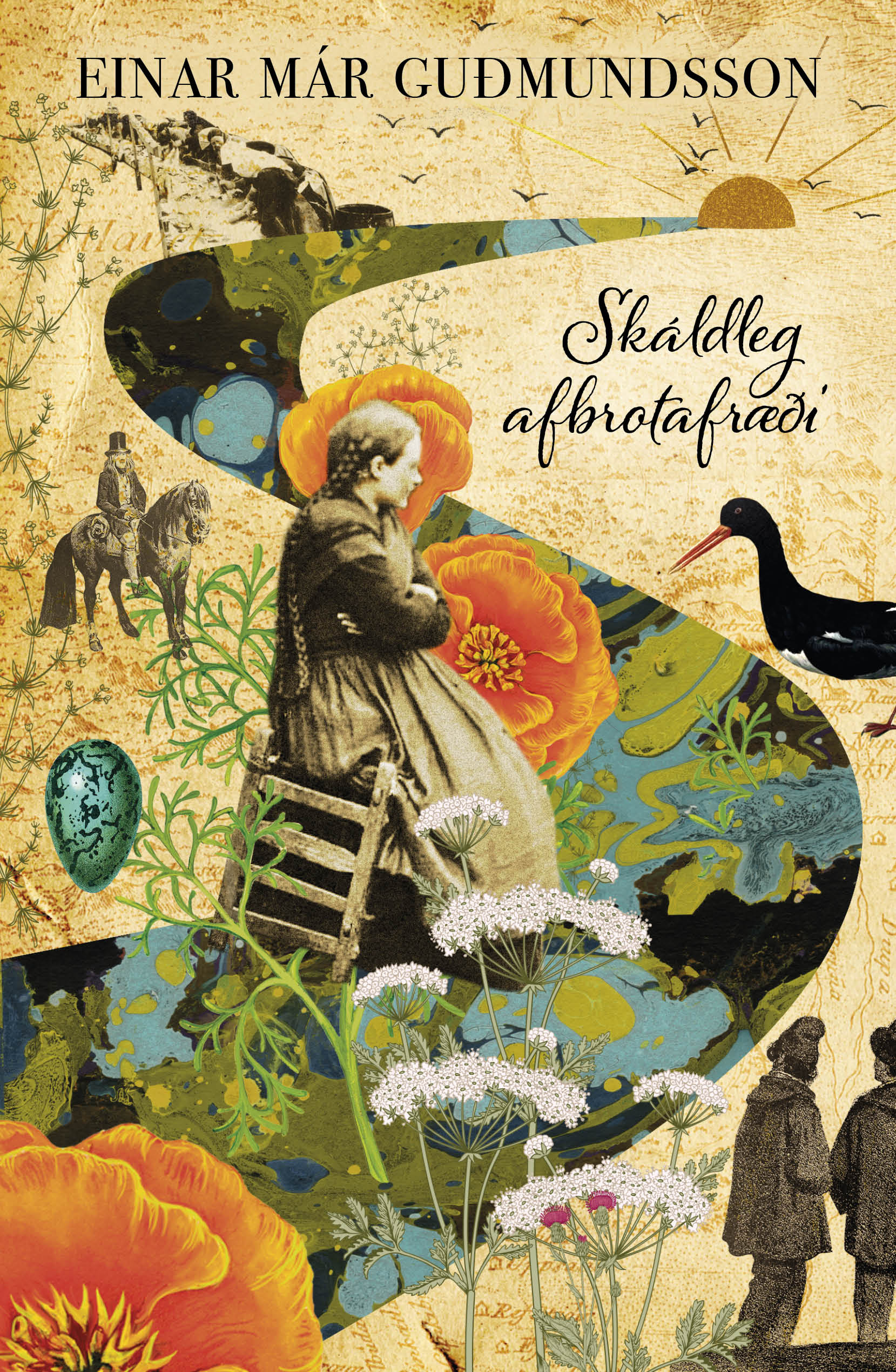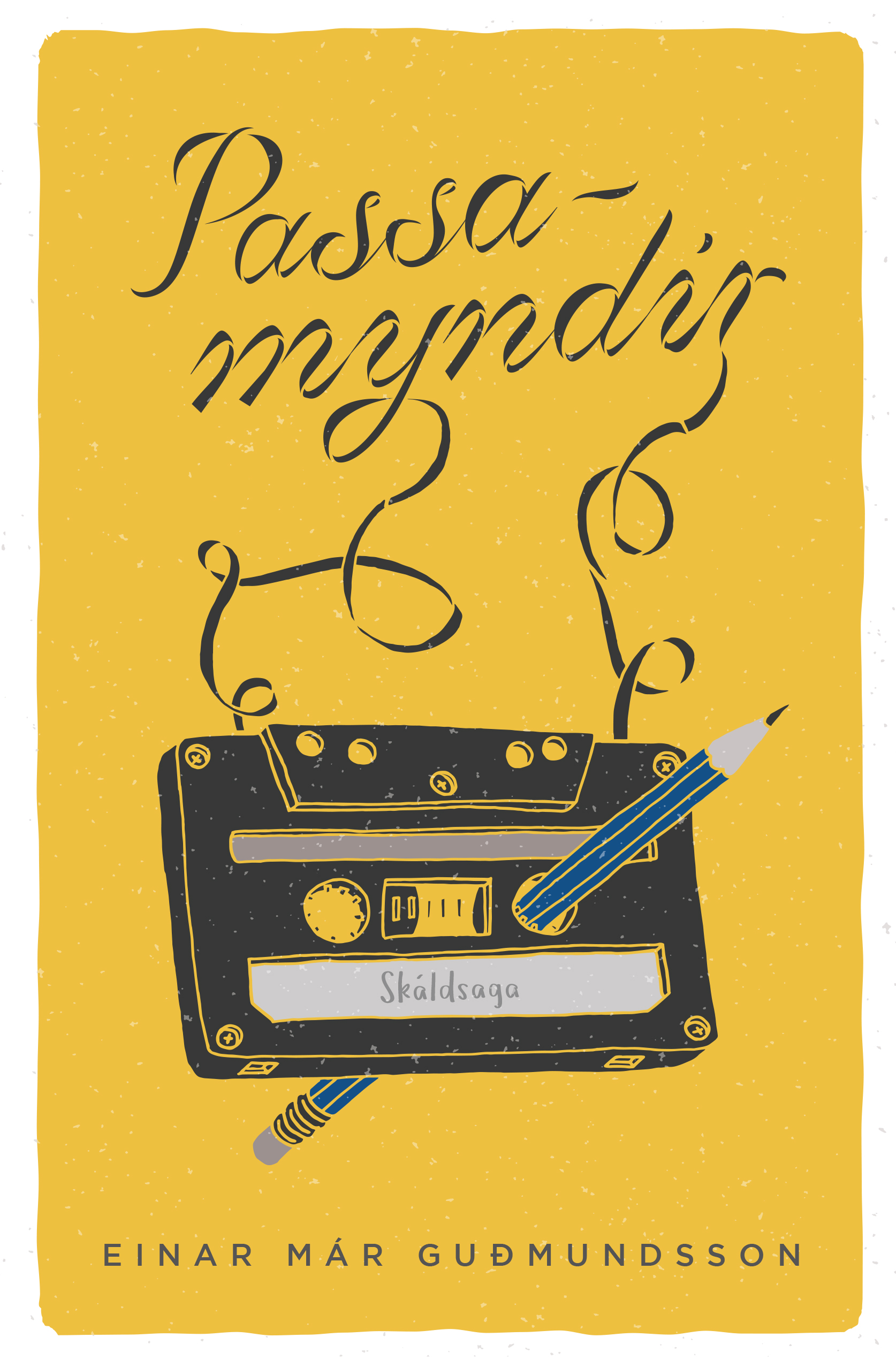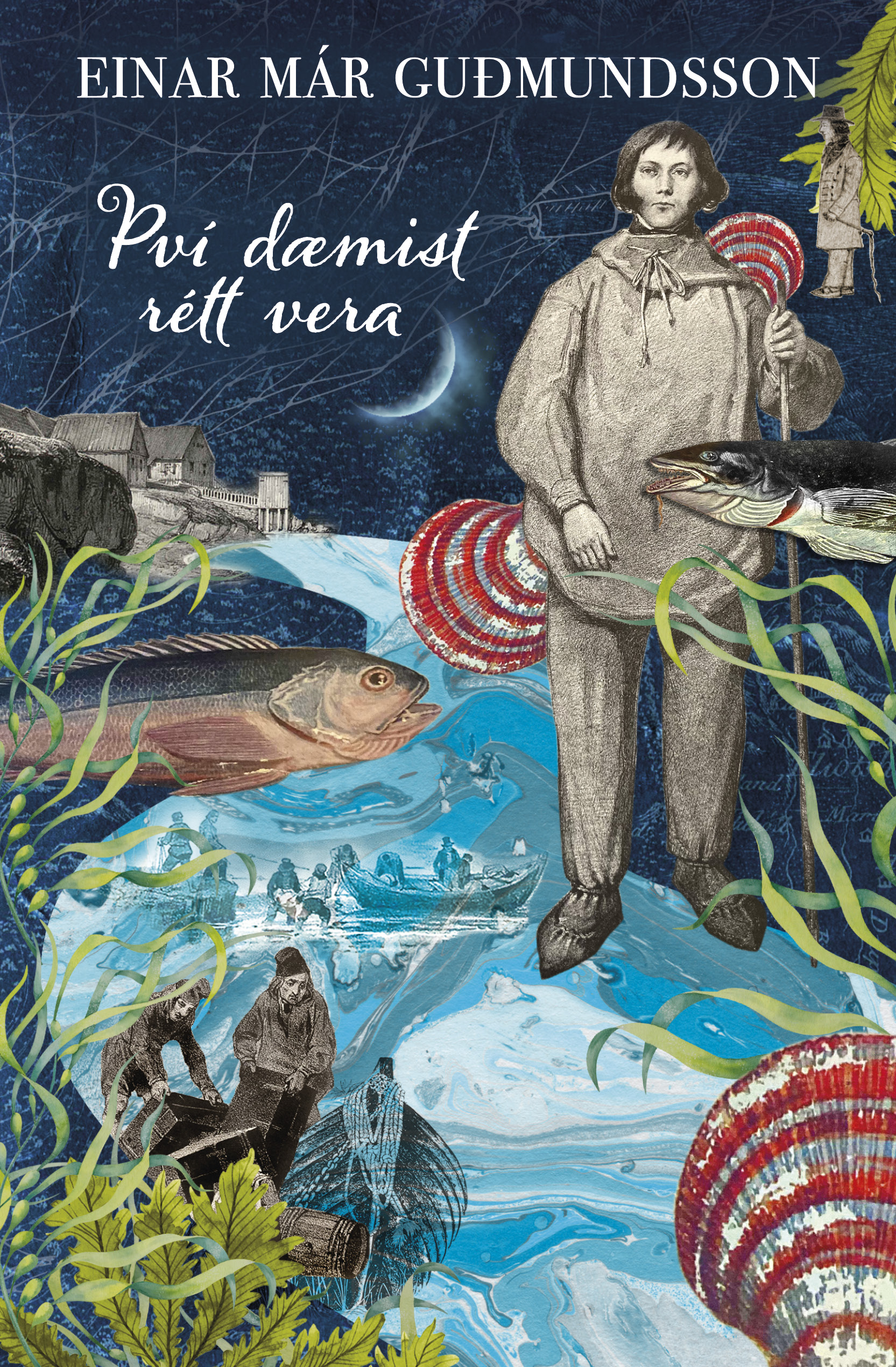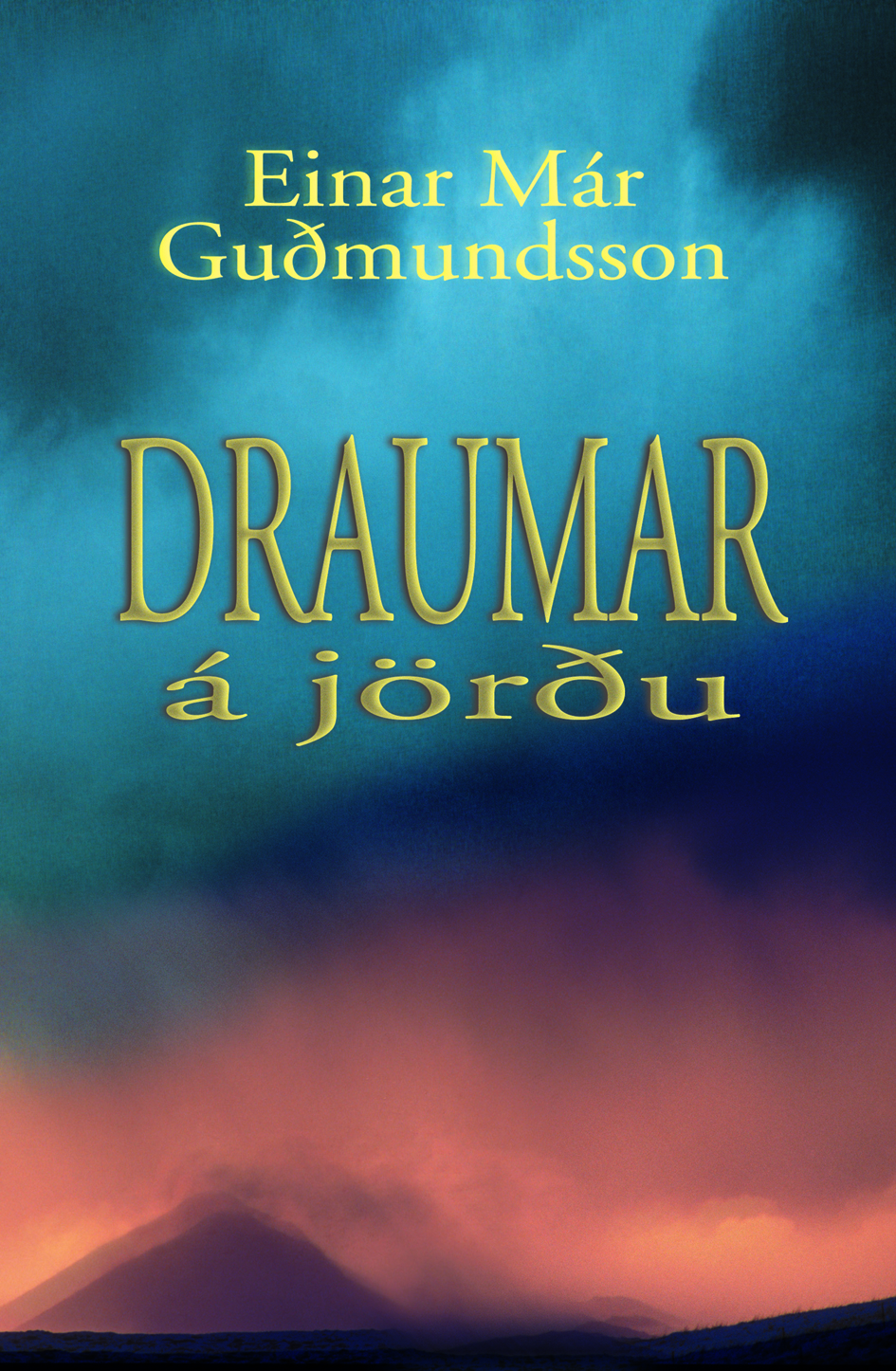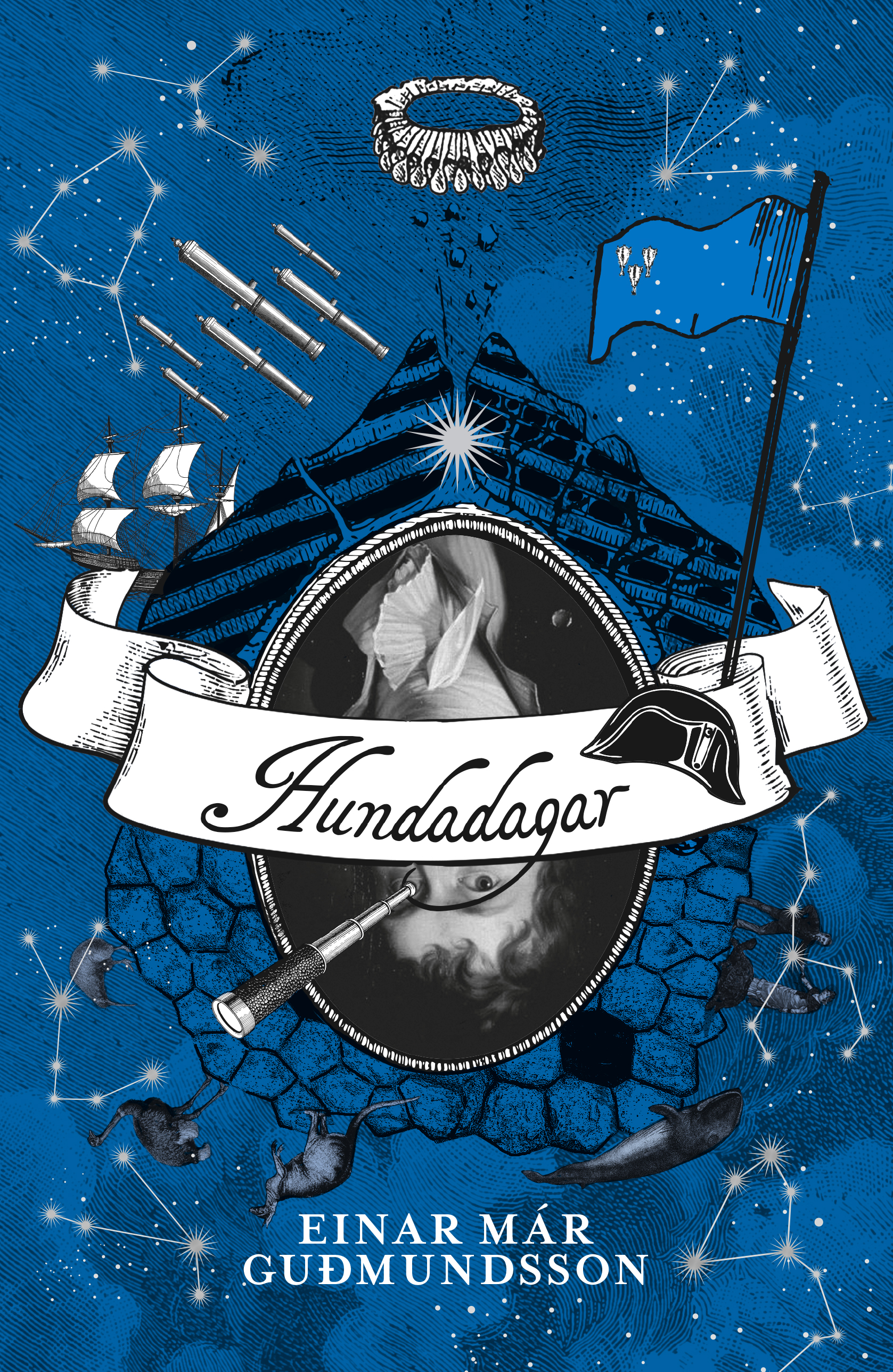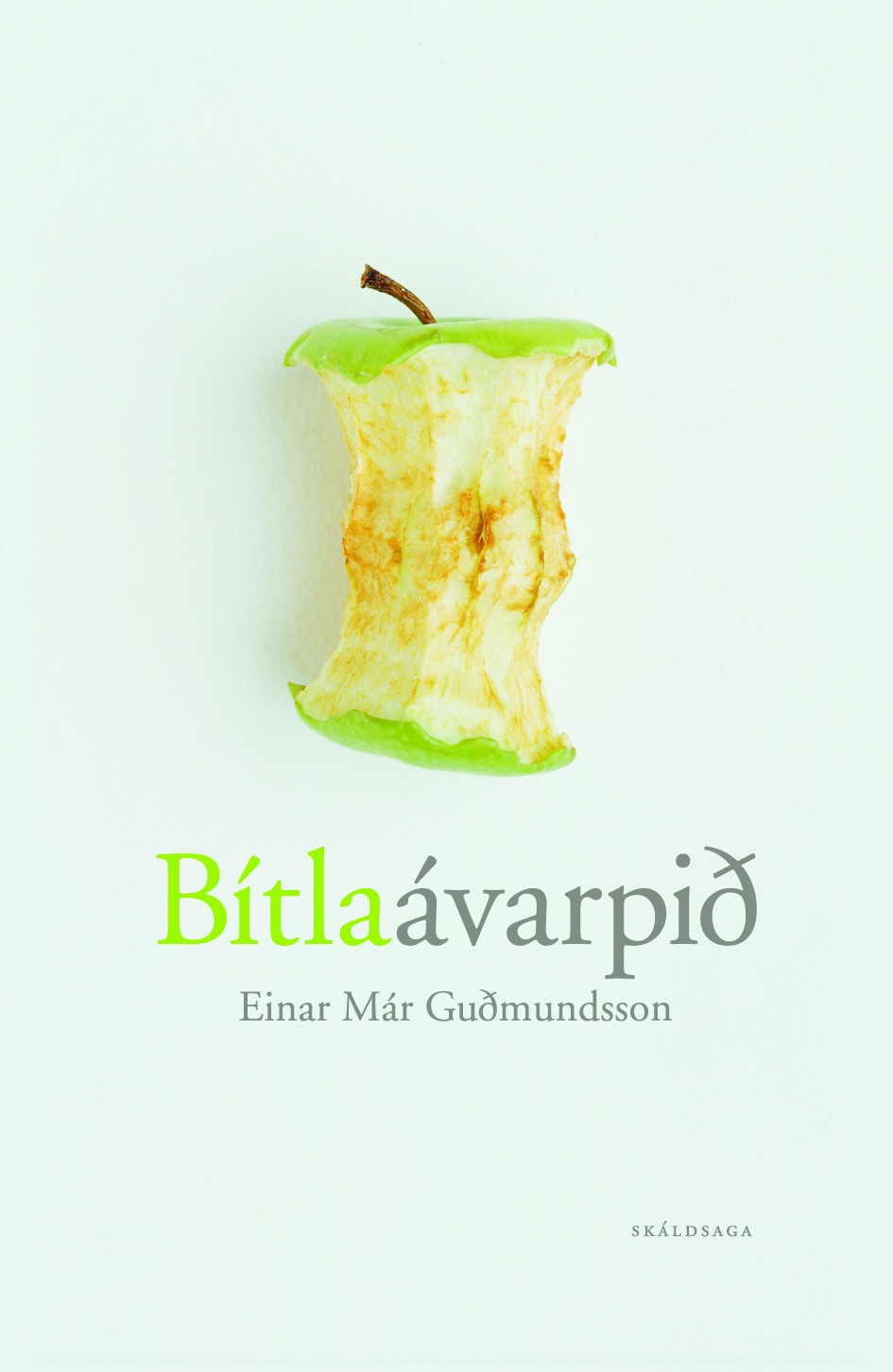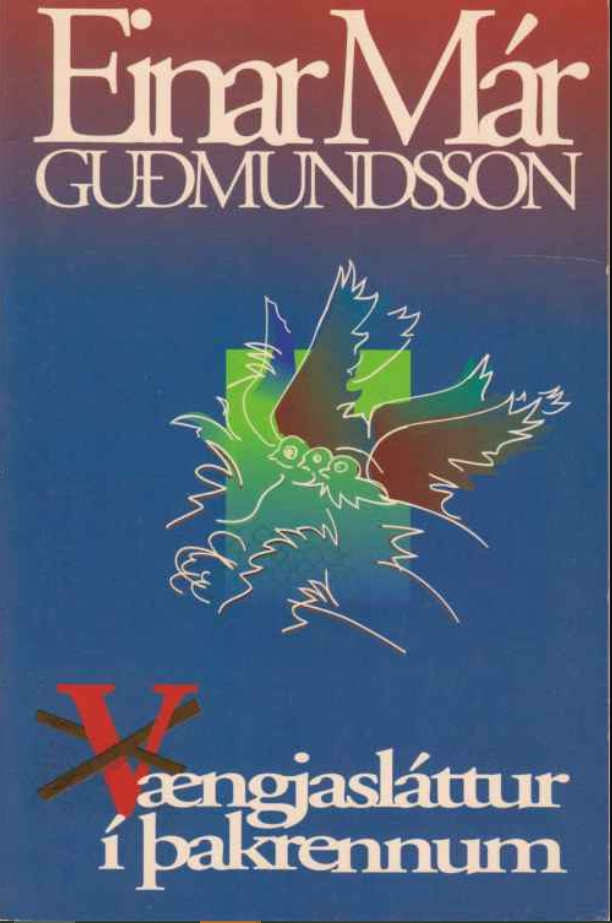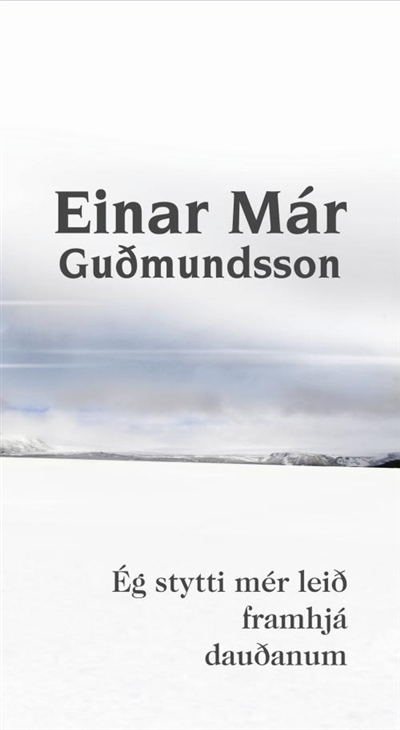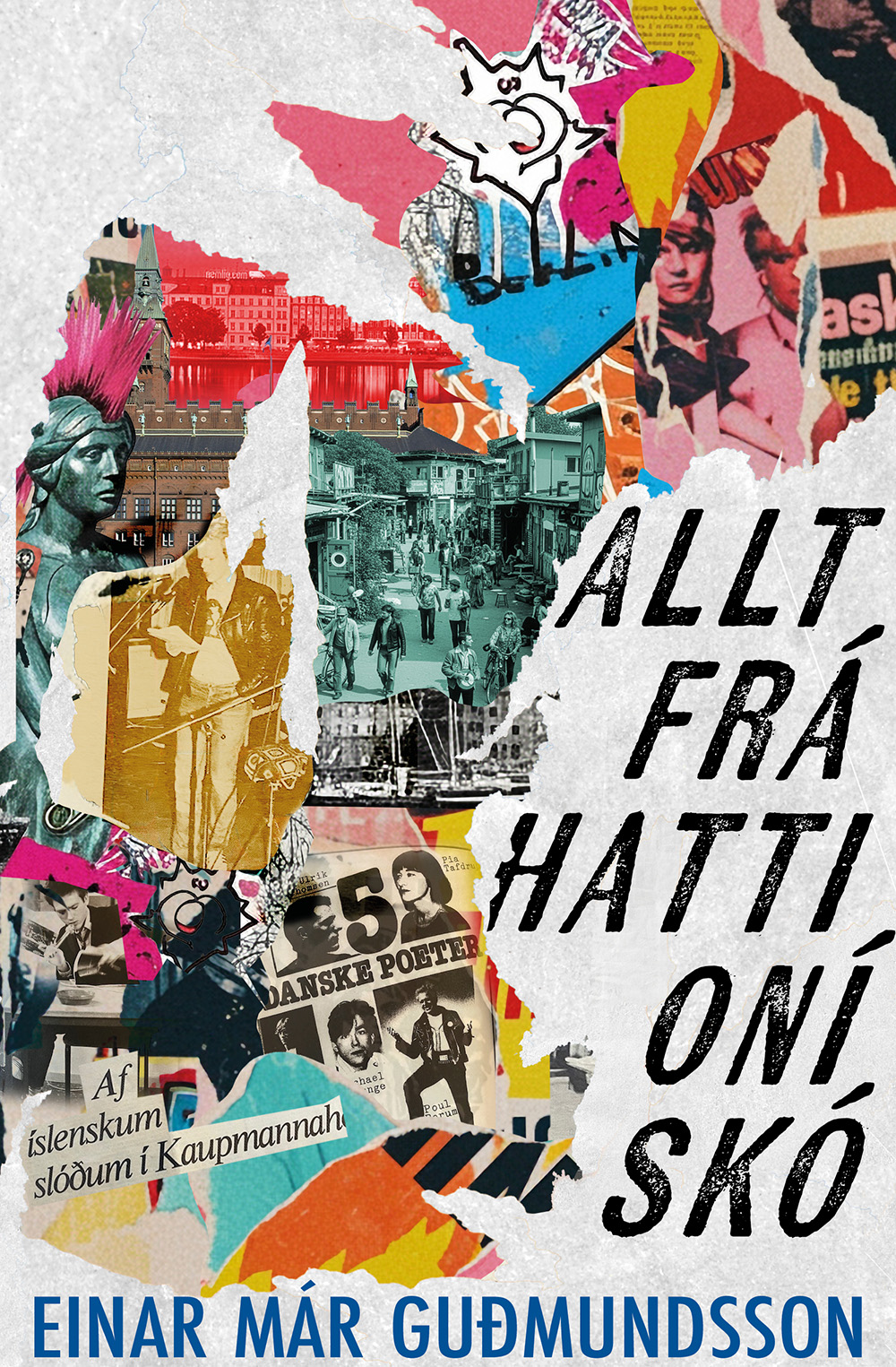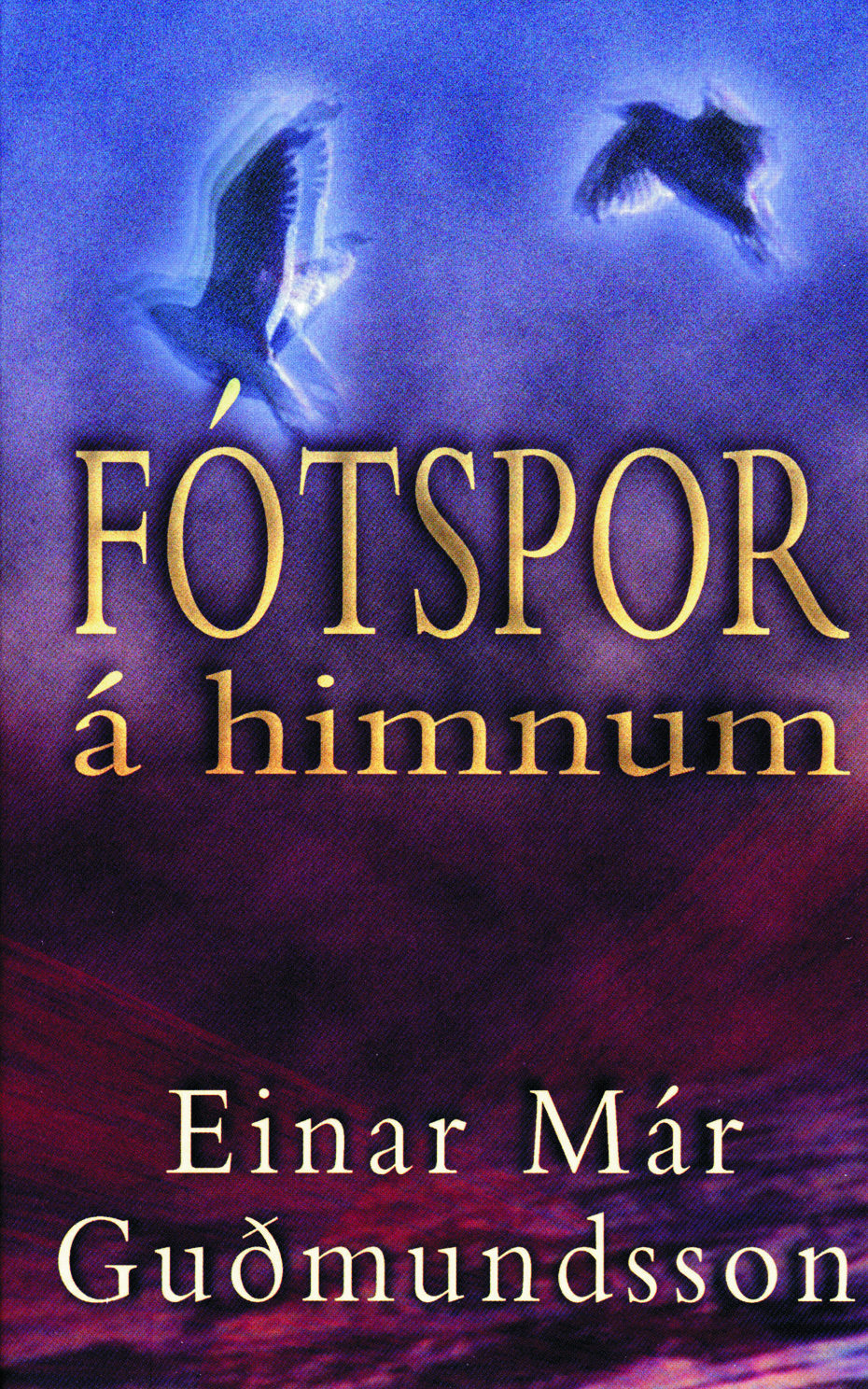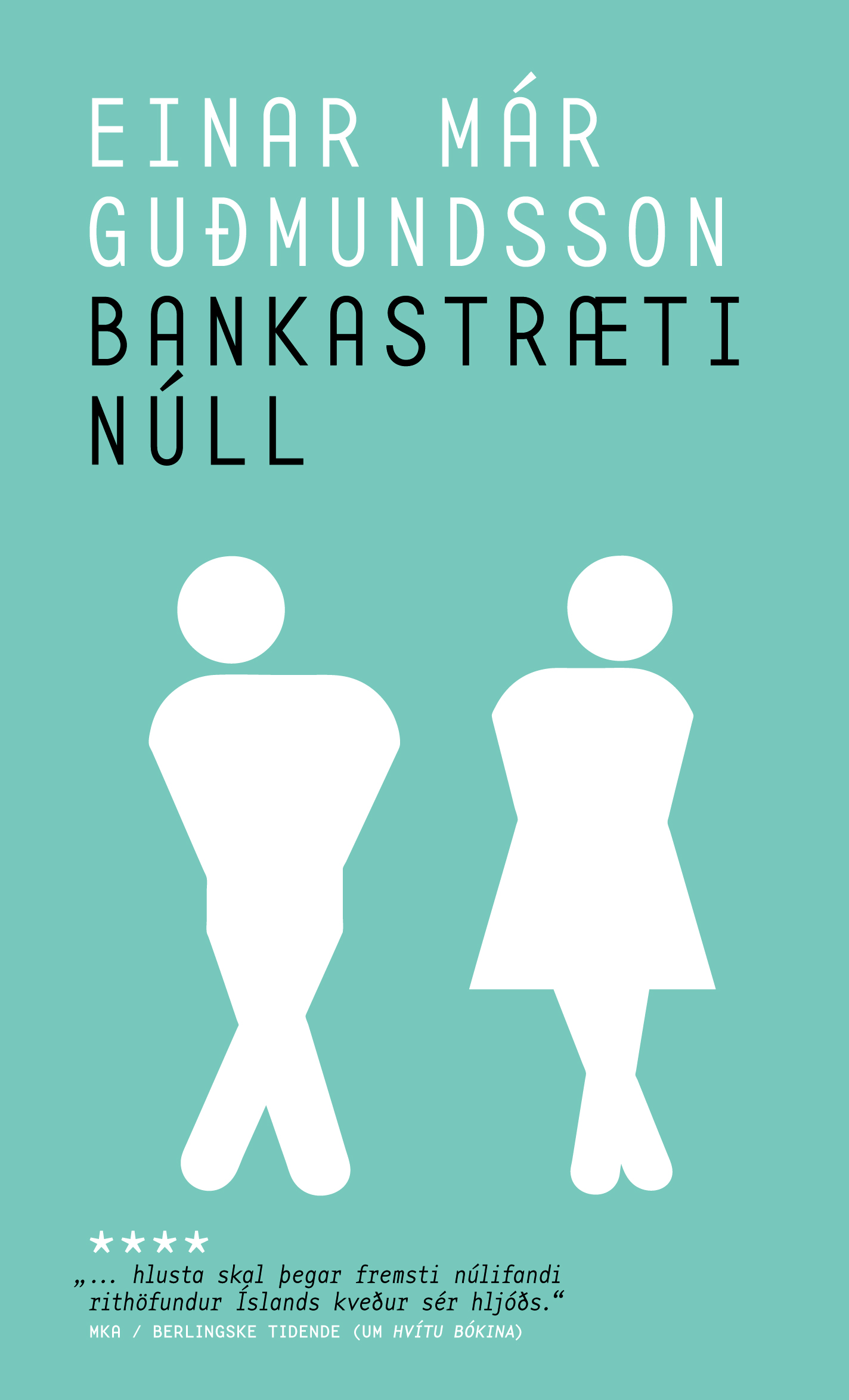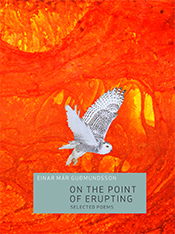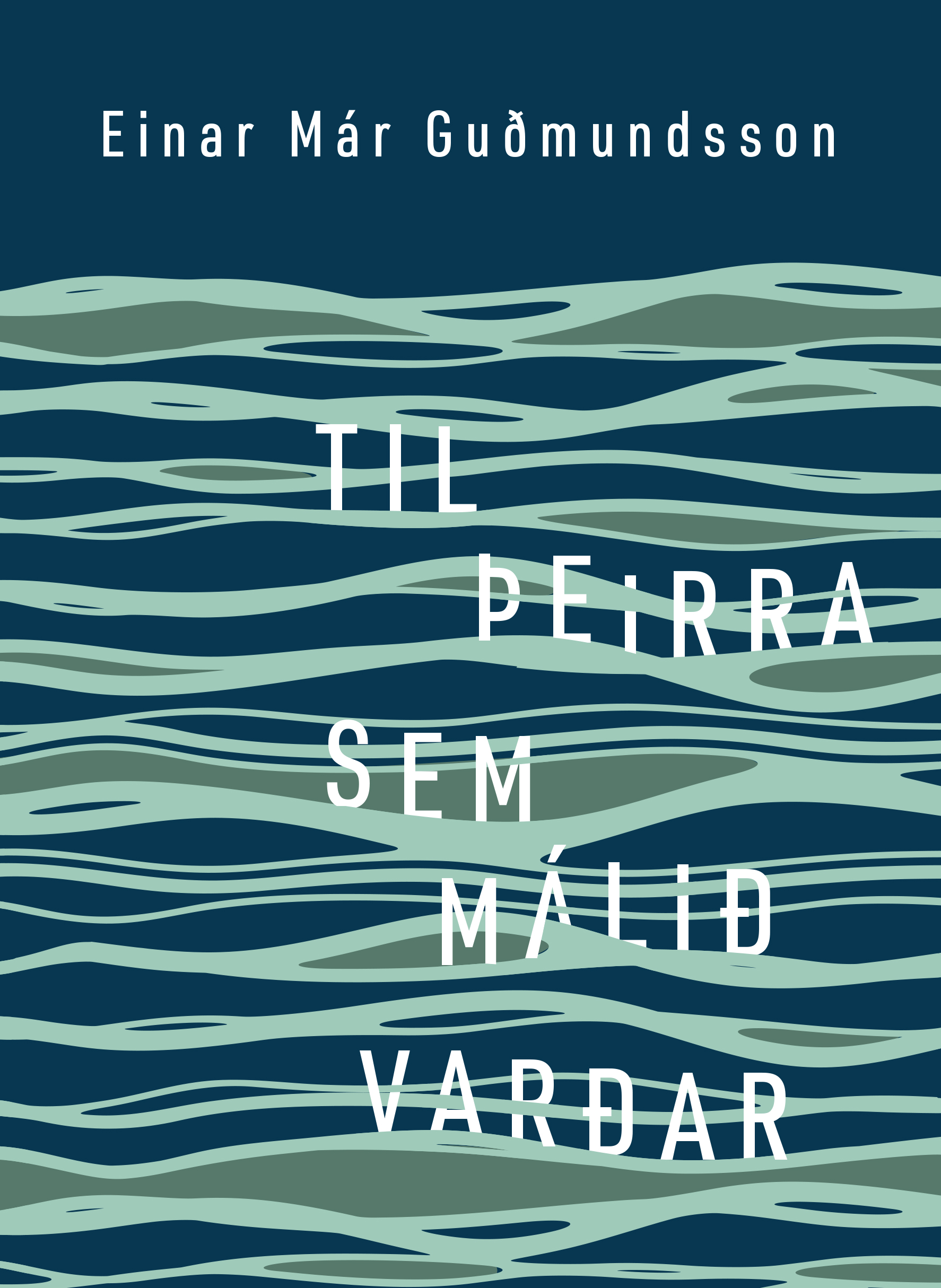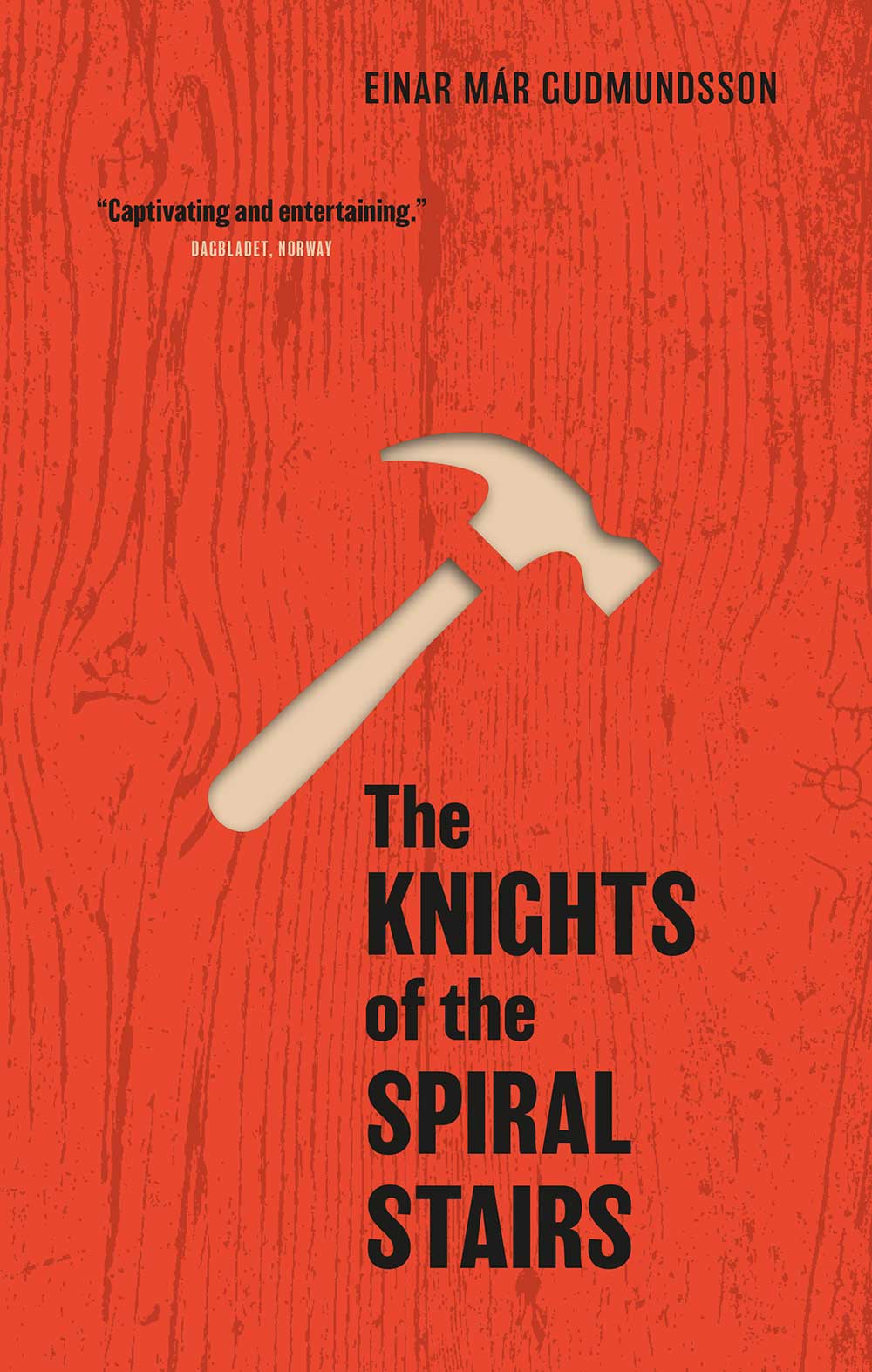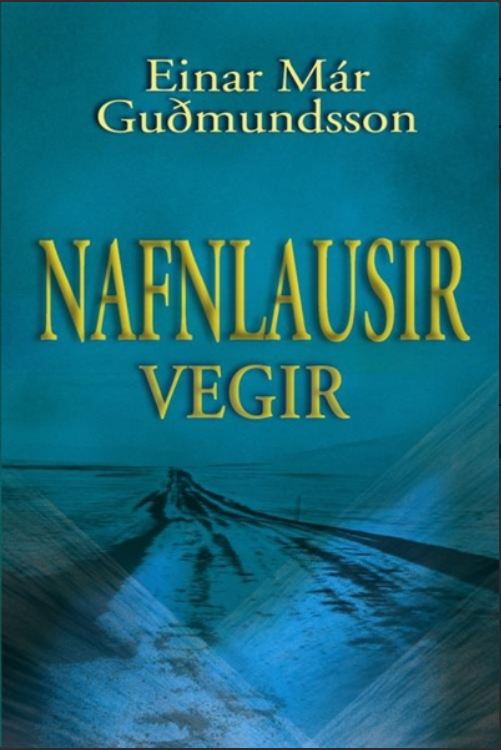The story tackles the torment of psychiatric illness as experienced by the central character, who narrates his whole life from birth to death, as he gradually succumbs to the terrors of mental illness and the equally horrific treatment applied to its sufferers. Despite the air of tragedy that pervades the whole work, the tale ripples with humour as it presents a whole pantheon of colourful characters, whose inner worlds are larger than life.
Adapted into an award-winning motion picture directed by Oscar nominee Fridrik Thor Fridriksson.
“A rare gift from heaven.”
Der Spiegel, Germany
“What the novel makes us ask is: how, given so much human mental agony in daily life, can we arrive at any acceptable picture of society, indeed existence itself? Gudmundsson has the vision and the style (beautifully rendered by Bernard Scudder) to respond to this sort of question. In the pages in which Paul describes his departure into death, he shows that he has both the judgment and the imaginative boldness of a major writer. Angels of the Universe won the Nordic Council’s Literary Award for 1995. Let us hope it will now find the serious readers in Britain that it so richly deserves.“ ”
Paul Binding, Times Literary Supplement
“A chilling, hallucinatory account of an adolescent’s descent into and partial recovery from schizophrenia, this intensely poetic novel, winner of the 1995 Nordic Council Literature Prize, challenges the psychiatric establishment’s faith in drug-based therapy, portraying a grim world of paternalistic doctors and heavily prescribed drugs offering little hope of escape or cure. Paul Olafsson, the narrator, a taxi driver’s son, describes his mental fragmentation and growing paranoia (apparently triggered by his violent break-up with a girlfriend who ditched him), his years in a psychiatric hospital near Reykjavik, his eventual release to a halfway house and his return home to his uncomprehending, distant parents. During his institutionalization, Paul, a painter who drops allusions to Gauguin and Van Gogh, to Hegel and Shakespeare, is so heavily medicated that at times he can only speak in monosyllables. Superbly translated, the fluent narrative probes the fine line separating those whom society deems sane from those labeled lunatic. Before he’s committed, Paul meets Eyvind, a folksy cat exterminator, and Peter the hermit, a farmer who fires his rifle at a coast guard ship, believing the Russians have invaded. Such characters are different only by degrees from Paul’s asylum inmates-among them Oli Beatle, who’s convinced he’s written the Fab Four’s songs; Viktor, who thinks he’s Hitler; and Paul’s LSD-warped roommate. Gudmundsson steers well clear of bathos, portraying Paul’s excruciating mental and spiritual anguish with broad humor and piercing insight.”
Publishers Weekly
“… a rare, suggestive and poetic novel.”
Suddeutsche Zeitung, Germany
“… a saga of big events … As in his previous works, Gudmundsson finds play, fantasy and creativity in the cold environment of the city; after all, this is where the dynamism of human life is found.”
Morgunbladid newspaper, Iceland
“Einar Már Gudmundsson has written about the traumatic aspect of Iceland’s modernity in his fine novel, Angels of the Universe. … You can often detect in Icelandic fiction the existence of parallel worlds, whose soft machinery lets reality escape in poetic shapes.”
Julian Evan, The Guardian
“The novel Angels of the Universe is composed as the autobiography of the narrator, Paul, a mentally ill man who is trying to put some order into his life after it has ended. He records his memoirs when he is dead, free from the yoke of mental illness. The work is shaped by strong oppositions, especially in style and content, for it is indeed a logical narration of illogicality and madness. In death, the narrator has gained a new balance and a control over language; death has thus become a kind of interpreter.
[…/…] The narrator does not flinch from the consequences of mental illness and the text is free from any novelistic apothesis. The mentally handicapped narrator is not a misunderstood genius in spite of his artistic abilities; indeed his mental illness destroys his hopes for the future and ruins his existence. Mental illness is certainly the catalyst of his artistic creativity, but it does not materialize until he has crossed the boundary of death. The symptoms of mental illness are neither beautified nor hidden and the narrator presents with great intensity the cruelty, inconsideration, and powelessness that accompany it. Nonetheless, it is his inability to cope on his own, his complete helplessness as regards his illness that awakens the sympathy of the reader. Just as intense is the narrator’s prominent examination of his childhood for some incident, some shock, which might be interpreted as the cause of his illness. This sad search reaches no conclusion, the narrator continually and questioningly looking back on his life and finding no reason for his mental catastrophe.”
Helga Hladgerdur Luthers, Nordic Literature Magazine
“Angels of the Universe is a powerful and captivating story about the uncertainty of life.”
Information, Denmark
“A strong book.”
Gösta Svenn, Sundsvalls Tidning, Sweden
“The narration of the author´s schizophrenic brother grows and develps until it becomes a reflection of a whole city, a reflection of a time when society is threatened by chaos and decay.”
Il manifesto, Italy
“One of the most successful contemporary Icelandic novels is Angels of the Universe by Einar Már Gudmundsson, originally published as Englar alheimsins in 1993. It has melted the hearts of critics around the globe, as has the filmed version, released in 2000.
The film was directed by Fridrik Thór Fridriksson and cast the elite of Icelandic male actors at the time, Baltasar Kormákur, Ingvar E. Sigurdsson, Hilmir Snaer Gudnason and Björn Jörundur Fridbjörnsson, which helped raise the profile of the novel considerably.
Angels of the Universe, which won the 1995 Nordic Council’s Literature Prize, is personal to Gudmundsson. It recites the tragic story of his mentally ill brother, who died one year before the book was published. However, you never feel Gudmundsson’s presence; he remains in the background.
The storyteller is Páll, a fictional character who represents Gudmundsson’s brother. He shares his experience with readers of how the mentally ill were treated in Iceland in the latter part of the 20th century and, despite the book’s fictional elements, it provides a valuable historical account of Reykjavík’s mental asylum Kleppur.
The life that goes on at Kleppur, as hopeless as it may be, has a humorous undertone, not unlike Ken Kesey’s One Flew Over the Cuckoo’s Nest, primarily because of all the shenanigans that the inmates think of and get into.
Even though Angels of the Universe is based on a true story, it is also surreal. Páll narrates the story of his life from the day he was born, March 30, 1949—when the infamous anti-NATO riots took place on Austurvöllur parliamentary square—and continues until his dying day.
However, the narration also precedes his birth and exceeds his death. The storyline jumps back and forth in time and brushes against mythical elements, yet is never difficult to follow.
There are two things that I’ve always liked about Gudmundsson as an author, ever since I read his debut novel Knights of the Round Staircase while I was still in elementary school:
Firstly, much like fellow author Einar Kárason, Gudmundsson often tells the story of the reality that he grew up in Reykjavik in the process of modernization.
We meet people who have moved from the countryside to make a better life for themselves in the capital and work hard to make ends meet while their children play unobserved on construction sites and get into all sorts of trouble. Families live huddled together under poor conditions in soggy cellars and abandoned army barracks.
Secondly, Gudmundsson has a very likable style of writing. The language is beautiful, often poetic. The text flows effortlessly; it’s impressive without being pretentious. He can be both melancholic and funny without over dramatization.
By describing the characters’ thoughts and state of mind, Gudmundsson manages to draw a very clear picture of their surroundings, what they observe and feel.
In many ways, Angels of the Universe is a comedy, but a tragic comedy like Roberto Benigni’s Life Is Beautiful. It describes a harsh and extremely dark reality, yet focuses on the few rays of sunlight that peer through the clouds.
In my book that kind of literature deserves much more credit and is no less credible than novels that are depressingly gloomy throughout—it makes the story bearable to process.”
Iceland Review Magazine
